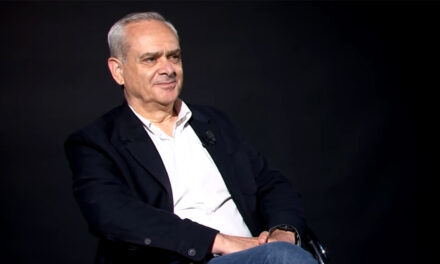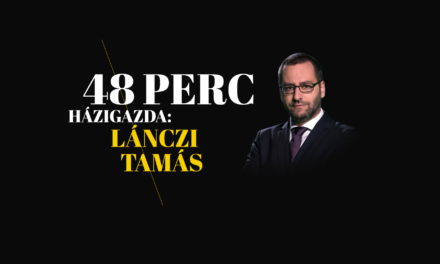The EU political elite keeps citing economic arguments to justify mass migration, while deliberately ignoring the fact that the more diverse a society is, the more trust decreases.
From this we can only conclude that for them trust is not something that should be preserved.
In 2023, the European Union will try to increase immigration with new impetus:
"The European Commission hopes to alleviate regional and sector-specific labor shortages by launching a new mechanism to encourage migration from third countries to the European Union."
In the context of the ongoing mass migration, it is worth cutting the controversy short and focusing on what we already know about the impact of diversity on society.
In their 2020 study, "Ethnic Diversity and Social Trust: A Report and Meta-Analytic Review", Peter Thisted Dinesen and Merlin Schaeffer, researchers at the University of Copenhagen, and Kim Mannemar Sønderskov, a researcher at Aaerhus University, compiled the results of several relevant studies, below with conclusions:
Social trust is indeed lowest in more ethnically diverse environments, albeit by a "modest" margin.
The negative relationship applies to all forms of trust examined, especially between neighbors and general social trust.
In other words, cohesion between neighbors and trust in society as a whole are among the factors most negatively affected by diversity.
The negative relationship between diversity and social trust is strongest among individuals who have actually experienced it, in other words, those who live in close proximity to other ethnicities.
In other words, a diverse environment exacerbates rather than mitigates the deterioration of social trust.
Interestingly, the negative relationship between diversity and trust remains statistically significant even after controlling for other variables such as socioeconomic status or crime.
And this means that identity and culture are not simply neutral factors that obscure the issue of class, but have their own effect.
It should be noted that while the EU political elite regularly invokes economic arguments to present their desire for migration as neutral and necessary, they completely ignore the evidence that immigration significantly reduces social trust.
From all this, we can conclude that for them social trust is not something that should be preserved.
In fact, they use the economic argument to mask social goals and pretend that trust is some imprecise or “fuzzy” category.
The above findings are consistent with what Amazon-owned Whole Foods faced when examining the factors leading to increased unionization among workers (unionization is a handy proxy for social trust in this context).
After internal documents were leaked, it was found that low ethnic diversity was a predictor of higher union activity:
"businesses that pose a greater risk of unionization have lower diversity."
Importing workers is therefore not a purely economic issue.
Its social consequences favor the exercise of power, if this exercise of power would be hindered by strong neighborhood cohesion and the organization of employees.
As always, Hannah Arendt's insights that the concentration of power in elites requires the dissolution of social bonds between people are extremely relevant.
Of course, increasing social distrust is not the goal in itself; rather, if people are unable to form appropriate relationships, it will encourage them to adopt new, "official" cultural rules. The dynamic here is the same one that prompts us to use HR-friendly terms when we're with co-workers we don't know and fear they'll fire us for a joke gone wrong.
Political correctness thus becomes more and more pregnant as diversity increases.
And yet, it is doubtful that this kind of social engineering can be done. This type of enterprise always runs the risk of collapsing the existing political consensus. But despite the insecurity of mass immigration for the political elite, they persevere.
Moreover, one has the impression that they have no idea that there is another possibility.
A social backlash is obviously inevitable, and politicians facing the mainstream must be ready to articulate a coherent alternative. But all this is not easy (in countries where a significant number of immigrants live - ed.) , because they have to speak to the natives, who do not want distrust to grow, and to the foreigners already living here, who believe that the impoverishment of their homeland coincides with with the plans of our own social engineers.
Source: The European Conservative
Featured image: Taha Jawashi/AFP/Getty













